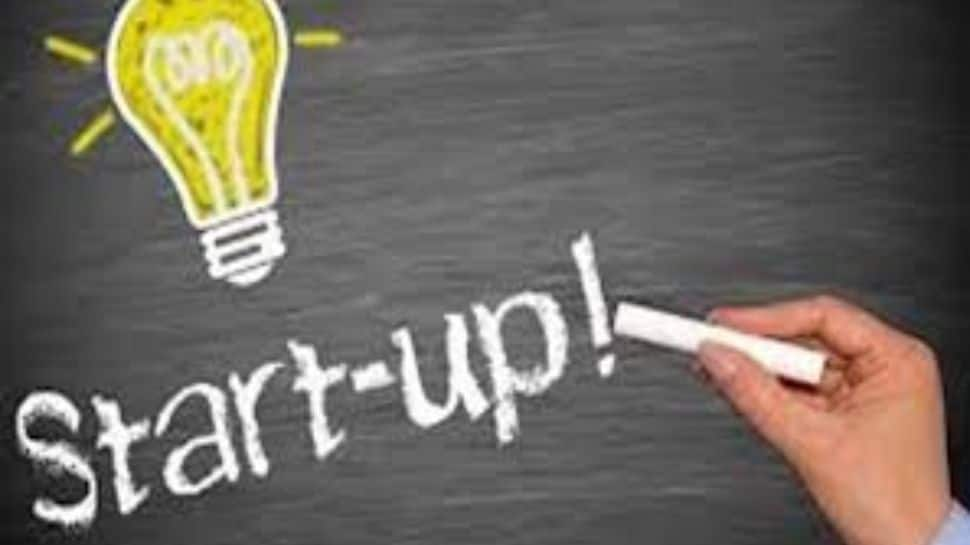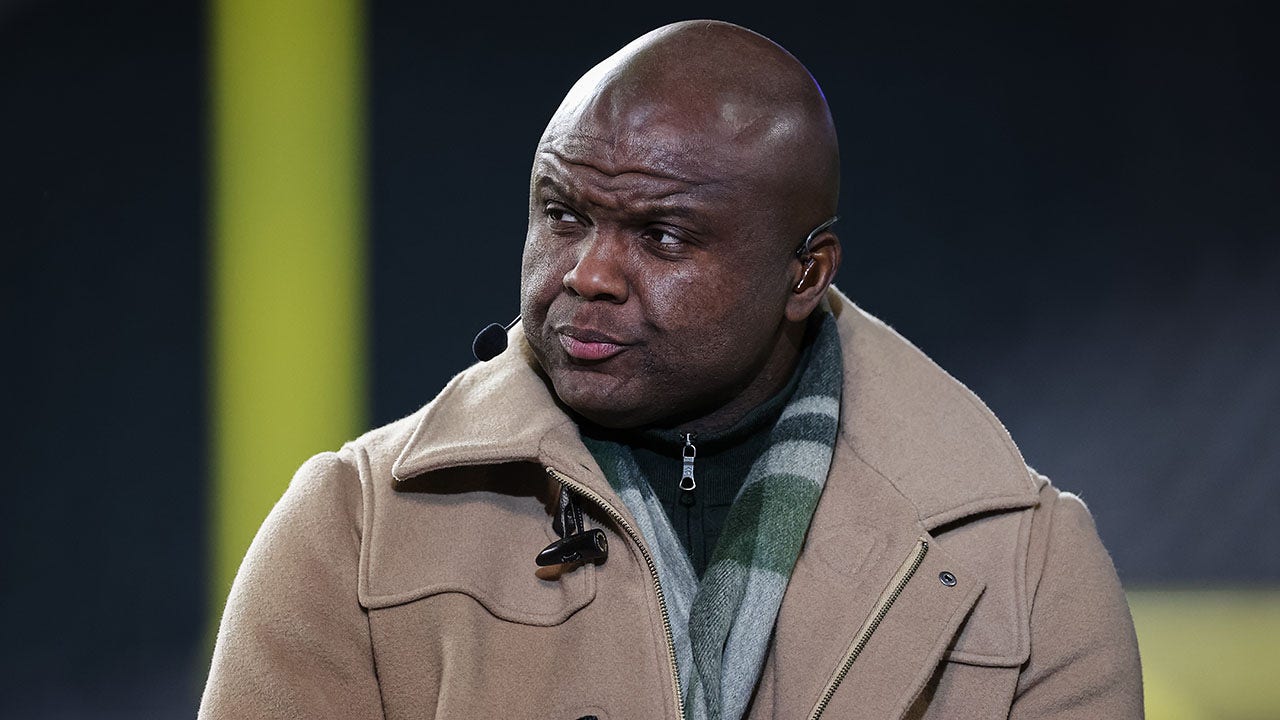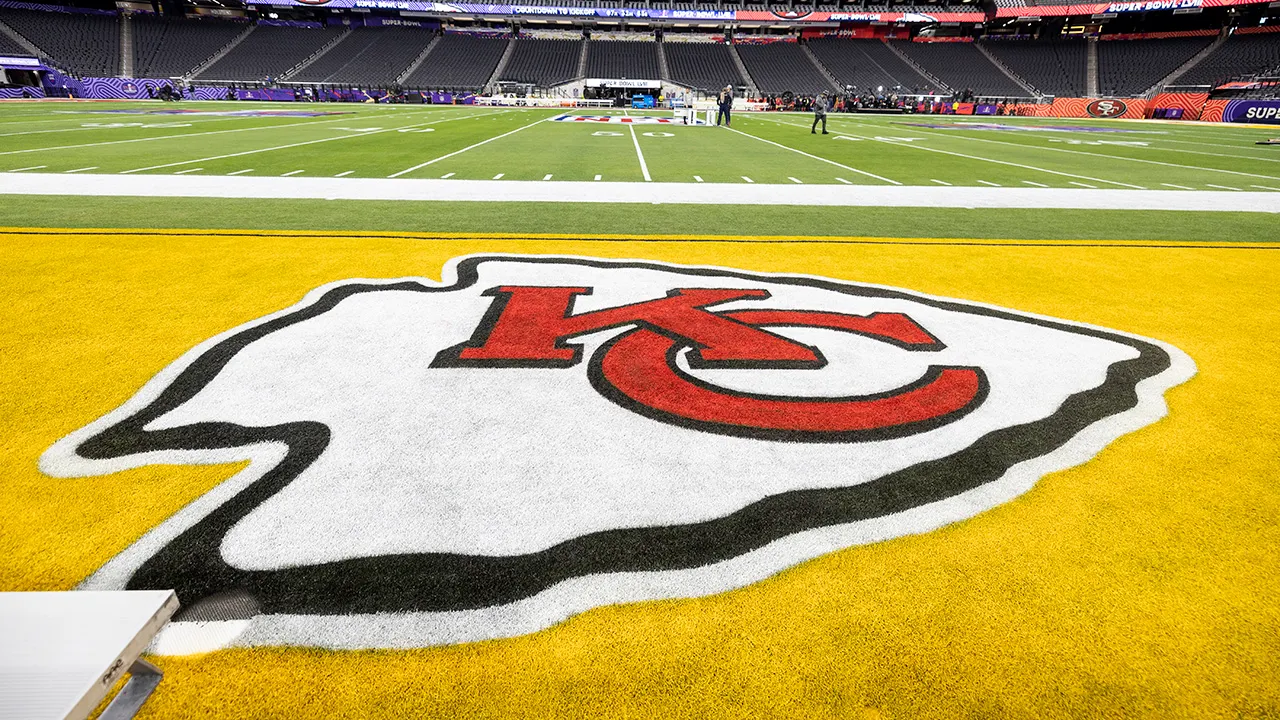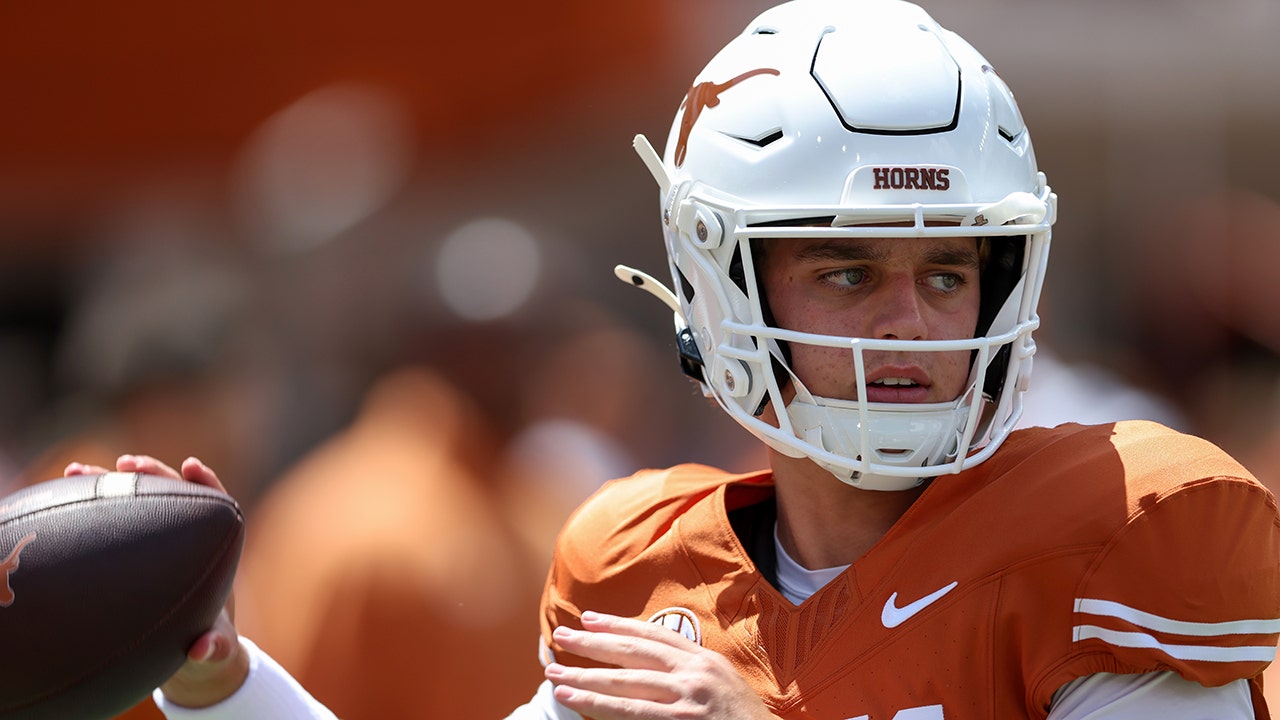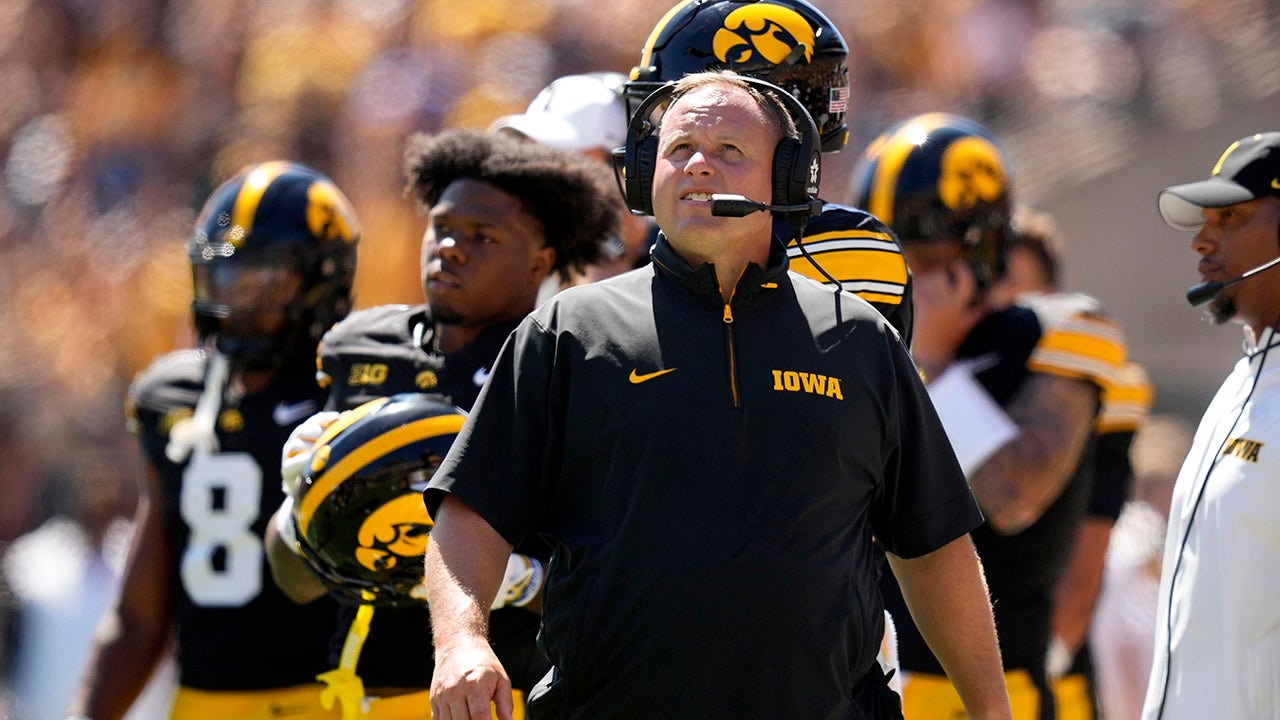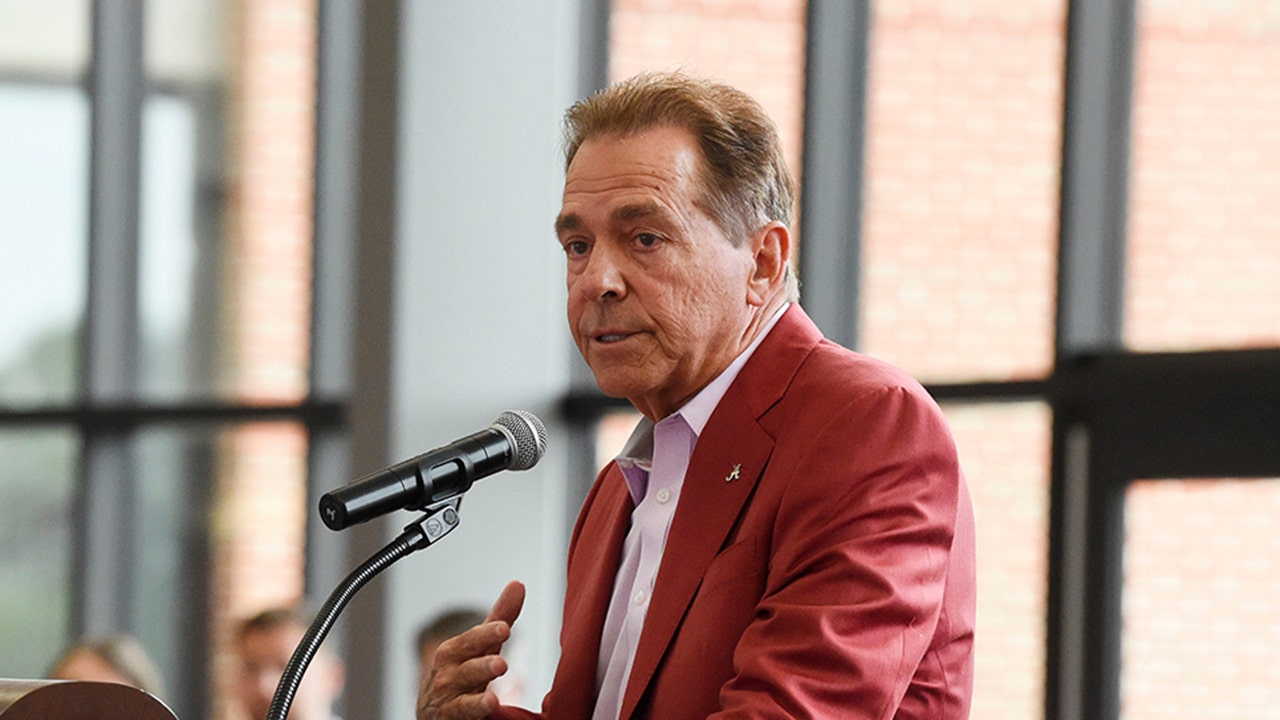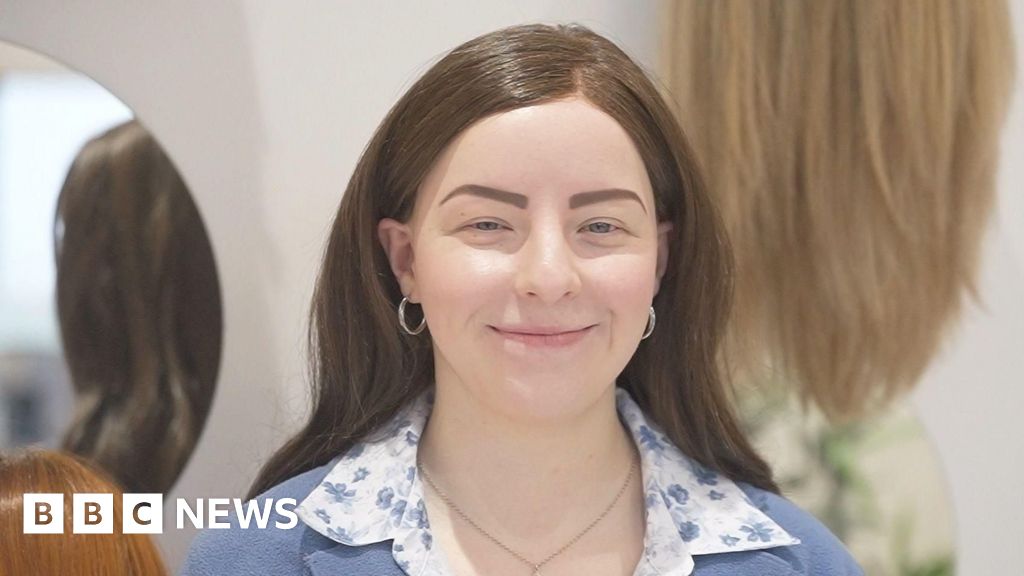To many people on the internet, the actress Toni Collette is known simply as “mother.”
Ms. Collette has played more than her share of mothers throughout her career: a matriarch with dissociative identity disorder on the TV show “United States of Tara”; a miniatures artist whose family is haunted after the death of her own mother in the film “Hereditary”; and, more recently, an American mom charged with taking over her Italian family’s mob business in the movie “Mafia Mamma.”
But Ms. Collette is not necessarily called mother for playing fictional ones, or even for being a mother in real life. Instead, fans have bestowed the title as a way to express their appreciation.
When fans call her mother, which they often do, “it feels like a well-intended, collective, familial, warm hug,” Ms. Collette said in an email. She is just one of the many female celebrities who, if lacking a proper understanding of the word’s new use, might wonder why they suddenly have so many children.
Mother is everywhere. The slang term — without an article in front — is used by fans, brands and sometimes even mothers themselves. It derives from the Black and Latino L.G.B.T.Q. ballroom scene, a queer subculture in which members are organized into so-called houses often led by a “mother.” The word’s current use, however, veers campier and is mostly used as a term of endearment for famous women with avid devotees. Its popularity has a precedent in the late 2010s, when seemingly every male celebrity was called “daddy,” a term used to describe good-looking older men.
But in 2023, daddy is dead: Long live mother. Mother’s ballads raised you; mother’s widely panned performances gave you life; and mother’s mothering mothered so hard that you must show her the respect she deserves. To do so, call her mother.
According to the internet, mother is Mariah Carey, Madonna, Whitney Houston, Adele, the K-pop group Blackpink and Diana, Princess of Wales. She is also Jennifer Lopez, who stars in the film “The Mother” and who was certainly mother in the 2019 film “Hustlers”; she is the character Shiv Roy, played by Sarah Snook on the prestige hit “Succession”; she is even the Elkay water-bottle-filling station, which can help you avoid spending $5 on an overpriced bottle of water at the airport.
Who is and isn’t mother is subjective, of course. Juan Camilo Velásquez, 30, a writer who lives in New York City, considers Lana Del Rey to be mother. “I think she’s an amazing singer and songwriter,” he said, adding that her music struck him as “timeless but very contemporary.”
But for Cameron Columbia, Ms. Del Rey isn’t mother. “I would never hate on anybody, but like, I’ve never really gotten into Lana Del Rey,” said Mr. Columbia, 23, a student from Long Island. “My all-time mother would be Ariana Grande.”
Brandon Walker, 23, who works in insurance and lives in Louisville, Ky., said he called people mother because of “the ways they’ve influenced the pop culture sphere or how they had an effect on me.” As a Black gay boy growing up in the South, he felt that mothers like Beyoncé, Rihanna and Nicki Minaj helped him express himself.
“Mother is fundamentally a female figure who raised you through a period in your life,” said Mr. Walker, who also counts Ms. Collette among his mothers. Calling a woman mother is also a way of “paying homage to them for the work they’ve put in their respective industry,” he said.
Mother dates to the 1970s in the New York ballroom scene, which was created in response to racism in the drag and pageant community. These spaces often created surrogate family structures for marginalized L.G.B.T.Q. people of color.
According to Sydney Baloue, a member of the House of Xtravaganza who is writing a book on the history of ballroom and vogueing, “the first mother of ballroom” was Crystal LaBeija. Many in the ballroom community say the scene’s current iteration began in 1972, he said, when Ms. LaBeija helped to found the first house, the House of LaBeija.
Ms. LaBeija, a Black drag performer and transgender woman, was the catalyst for our current cultural moment, according to Mr. Baloue, who was a co-executive producer of the ballroom competition show “Legendary.” If you’re mother, “you’re the one who’s won the most trophies, you’re the one who’s the most prominent member,” he said. “You also do a lot of taking care of the kids.”
Mother, who can be of any gender, “evolved out of these communities who have had to recreate or rethink what actual mothering and family are” after being ostracized from their biological families, said Marlon M. Bailey, a professor of African and African American studies at Washington University in St. Louis who wrote a book chronicling ballroom culture in Detroit.
Ms. Collette suspects that a lack of maternal affection may be why her fans, many of whom are L.G.B.T.Q., call her mother. “I don’t want to get too deep about such a sweet gesture, but it may also indicate a large need for parental acceptance and love,” she wrote. “Not everyone had or has the healthiest relationship with their mom. Having played so many different women with kids, I may have come to represent or fill a social media gap of what is lacking for so many people.”
Still, she added, “It may also just simply be because of the ‘I am your mother’ speech in ‘Hereditary.’ It’s a ripper.”
On “RuPaul’s Drag Race,” Mr. Baloue said, contestants “suck up anything from ballroom,” repeat it and, in turn, popularize a word that “doesn’t always get passed properly.” RuPaul has embraced the term, releasing the song “Call Me Mother” in 2017. Viewers often hear the word and adopt it, whether or not they are using the proper context.
Mr. Baloue thinks the term “mother” makes sense for some figures outside the ballroom community. “When there are those Black diva figures who we admire, like Diana Ross or Patti LaBelle or Chaka Khan,” he said, “there’s also a way that we refer to them as mother because not only did they nurture us with their music and their cultural contribution, but they fed us in a kind of way.”
“Mother” further entered broader culture thanks to the show “Pose,” which debuted in 2018 and was set in the 1980s New York ballroom scene. It features the actress Michaela Jaé Rodriguez, who plays the mother of the fictional House of Evangelista.
Ms. Rodriquez said being able to play a ballroom mother was an honor, joy and serious responsibility, adding that she found the term’s newfound popularity “beautiful.”
“I think anyone should be able to use a term that is trending,” she said, stressing “it’s important to know where that term has derived from, which is the Philadelphia and New York City ballroom culture.”
Ms. Rodriguez cautioned that there were “boundaries” to adopting a new term with deep historical connections to a marginalized community: “The boundaries are knowing where it came from, always letting the world know where the culture came from.”
Those boundaries become blurred when a term, once popular online, finds its way into brand copy. Mr. Baloue sees the corporate embrace of mother as almost inevitable. “Black culture is American culture and it ends up informing everything,” he said.
After seeing Variety tweet that “Jennifer Lopez is mother” and BuzzFeed UK say the “Yellowjackets” star Melanie Lynskey was “so MOTHER,” Professor Bailey said he found himself troubled. “It’s about marketing identities and practices, and appropriating cultural formations like the ballroom community,” he said, “without attending to the conditions out of which ballroom was created in the first place.”
Enter Meghan Trainor, who has embraced the term mother to the nth degree.
Ms. Trainor, who is pregnant with her second child, released her song “Mother” in March, singing: “I am your mother. You listen to me.” The song’s music video — which came out shortly before Ms. Trainor published “Dear Future Mama,” a guide to new motherhood — even stars Kris Jenner, “momager” extraordinaire, and opens with a voice declaring that Ms. Trainor is “literally mother.” (Through a publicist, Ms. Trainor declined to be interviewed for this article.)
The song and accompanying video was “a show of how the term had lost all meaning,” Mr. Velásquez said. “We’ve reached the point where if you become the best at being bad, then you become the mother of being the opposite of mother,” he said.
Ms. Rodriguez, who knows Ms. Trainor and loves the song “Mother,” said she liked how the singer played on the term’s duality. “I think how she’s using the term, it’s right for her, and she can use it in any way she wants to.”
She added: “How the world perceives it is how the world perceives it.”









